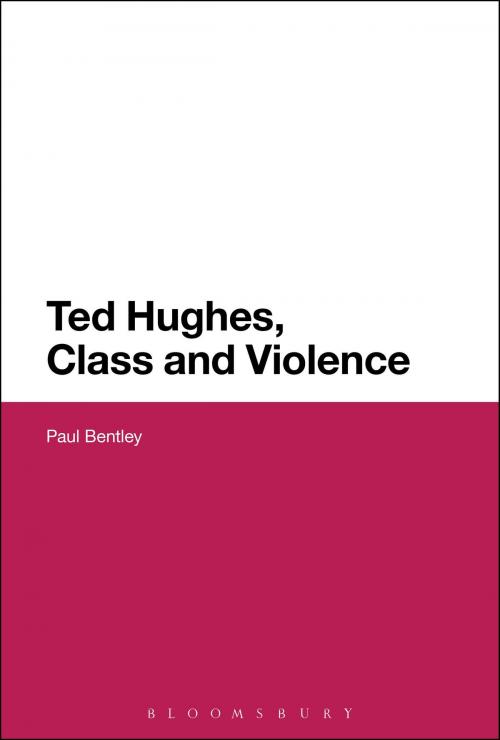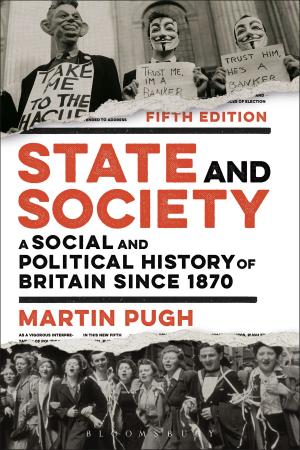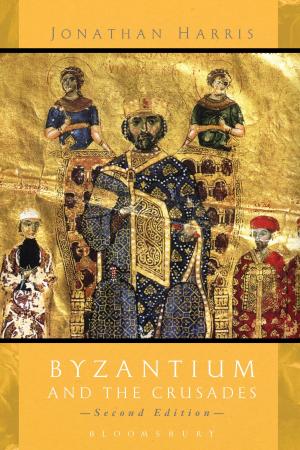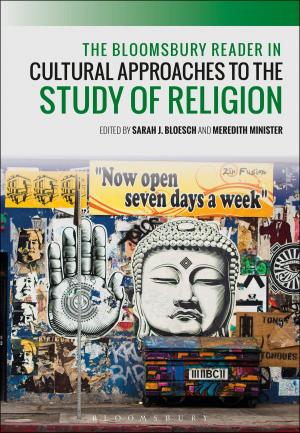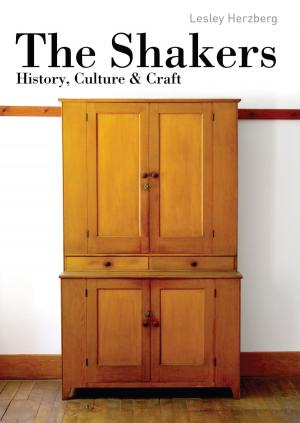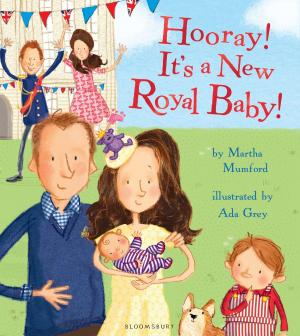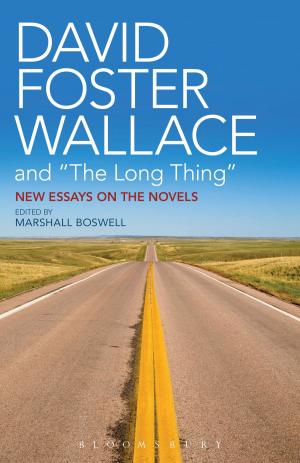Ted Hughes, Class and Violence
Fiction & Literature, Literary Theory & Criticism, Poetry History & Criticism, British| Author: | Dr Paul Bentley | ISBN: | 9781472571717 |
| Publisher: | Bloomsbury Publishing | Publication: | April 24, 2014 |
| Imprint: | Bloomsbury Academic | Language: | English |
| Author: | Dr Paul Bentley |
| ISBN: | 9781472571717 |
| Publisher: | Bloomsbury Publishing |
| Publication: | April 24, 2014 |
| Imprint: | Bloomsbury Academic |
| Language: | English |
Ted Hughes is widely regarded as a major figure in twentieth-century poetry, but the impact of Hughes's class background on his work has received little attention. This is the first full length study to take the measure of the importance of class in Hughes. It presents a radically new version of Hughes that challenges the image of Hughes as primarily a nature poet, as well as the image of the Tory Laureate. The controversy over 'natural' violence in Hughes's early poems, Hughes's relationship with Seamus Heaney, the Laureateship, and Hughes's revisiting of his relationship with Sylvia Plath in Birthday Letters (1998), are reconsidered in terms of Hughes's class background. Drawing on the thinking of cultural theorists such as Slavoj Žižek, Terry Eagleton, and Julia Kristeva, the book presents new political readings of familiar Hughes poems, alongside consideration of posthumously collected poems and letters, to reveal a surprising picture of a profoundly class-conscious poet.
Ted Hughes is widely regarded as a major figure in twentieth-century poetry, but the impact of Hughes's class background on his work has received little attention. This is the first full length study to take the measure of the importance of class in Hughes. It presents a radically new version of Hughes that challenges the image of Hughes as primarily a nature poet, as well as the image of the Tory Laureate. The controversy over 'natural' violence in Hughes's early poems, Hughes's relationship with Seamus Heaney, the Laureateship, and Hughes's revisiting of his relationship with Sylvia Plath in Birthday Letters (1998), are reconsidered in terms of Hughes's class background. Drawing on the thinking of cultural theorists such as Slavoj Žižek, Terry Eagleton, and Julia Kristeva, the book presents new political readings of familiar Hughes poems, alongside consideration of posthumously collected poems and letters, to reveal a surprising picture of a profoundly class-conscious poet.
